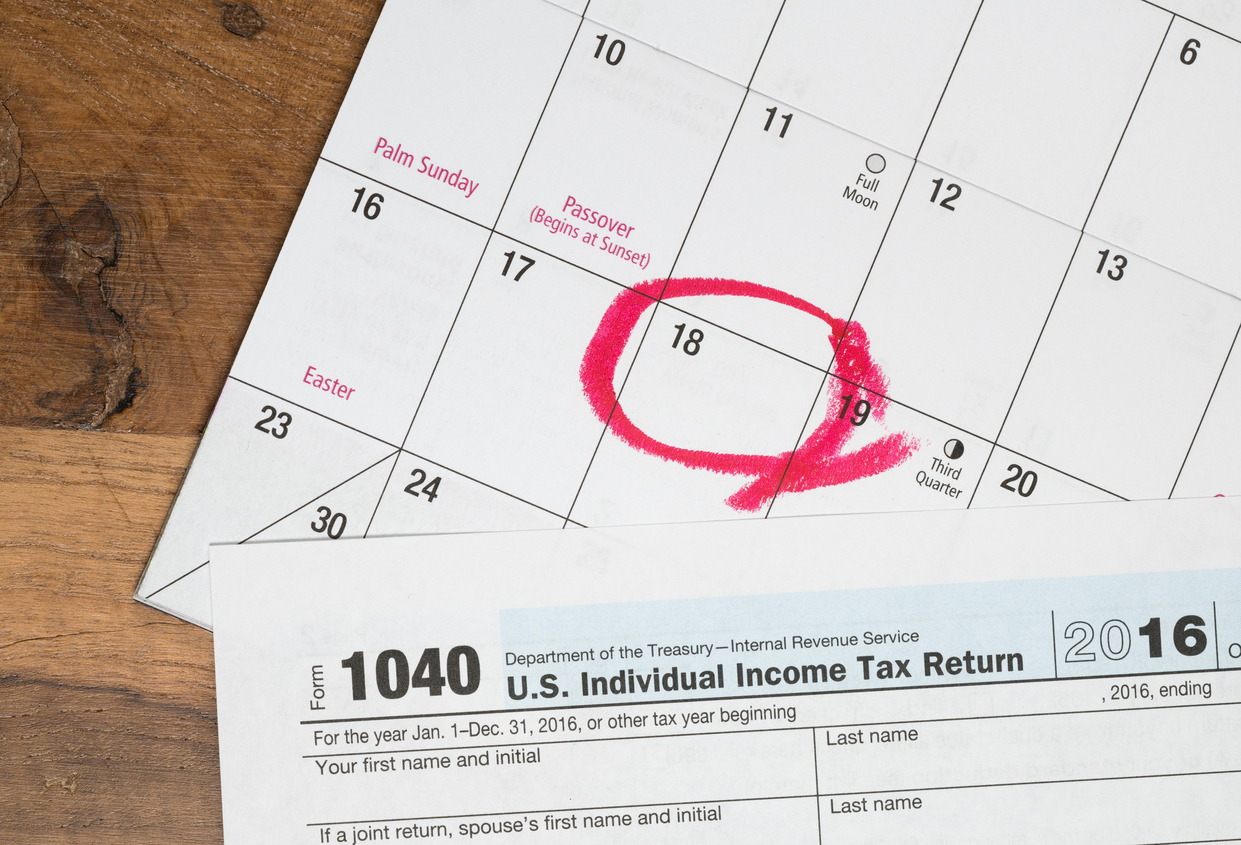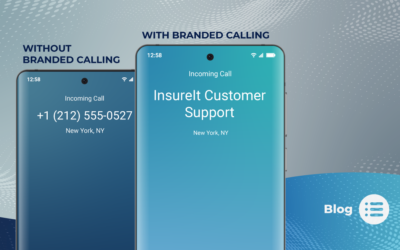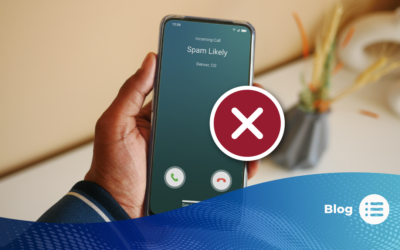Happy Tax Day! Or, if you didn’t get the fat refund you were expecting and have to pay this year…our condolences. However your Tax Day is going, it’s a great time to refresh yourself on tax scam and how to avoid it.
Tax identity theft happens when someone uses your Social Security number to get a tax refund or job. Often, it’s not until you’ve filed your return that you find out something is wrong – because “you” have already filed. This scam isn’t limited to just the month of April, though. Scammers work year-round posing as the IRS to try and get your information. They’ll call and say you owe taxes, even threaten to arrest you. Here are a few things to remember when it comes to tax fraud:
- The IRS doesn’t call you directly. You’ll receive most correspondence – especially the first few rounds – via mail. Even if your caller ID says it’s the IRS, it probably isn’t. Scammers are using number spoofing technology to make their calls seem more legit. Email, text, or social media message from the IRS? Yeah, they don’t initiate contact with those either.
- The IRS doesn’t take prepaid debit cards. Or gift cards. Or iTunes credits. We can’t believe we have to say this, but they are running a legitimate operation that prefers funds from traditional sources. If someone demands that you fill up a card and send them the number, they are NOT a legitimate collector.
- If someone uses your SSN to file before you do, you’ll get a letter. The IRS might think you’ve already gotten a refund, so they’ll send a notice or letter saying more than one return has been filed for you. Contact the Internal Revenue Service directly to report the fraud, and send them this form or a police report to get the ball rolling.
- Watch for the warning signs. If you DO get legitimate contact from the IRS, it could be for a few different reasons: more than one tax return was filed for you, you owe additional tax, have a refund offset or have had collection actions against you for a year you did not file, or IRS records indicate you received wages or other income from an employer for whom you did not work. All of these claims could mean someone has used your social to commit tax fraud.
Reduce your risk of tax fraud by being diligent about protecting your identity. Learn to recognize and avoid phishing emails, threatening calls and texts from thieves posing as your bank, credit card companies, or the IRS. If it seems fishy, don’t be afraid to hang up before they even ask for your information.
And of course, download PrivacyStar to protect yourself from known scammers. You can get it for free on Google Play and the App Store.




